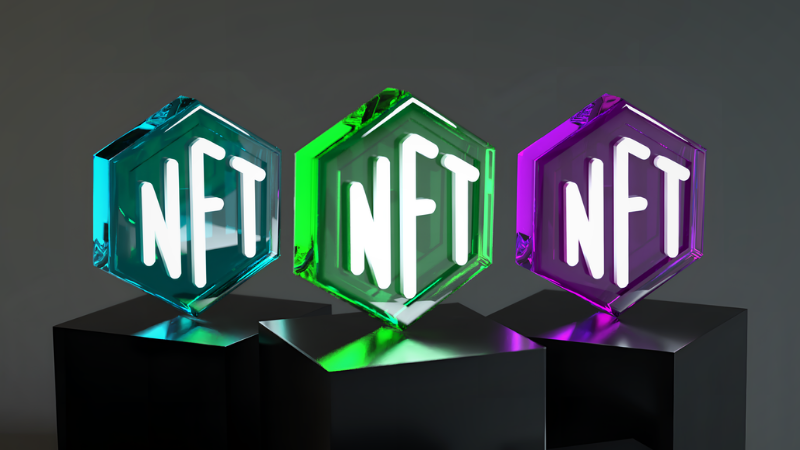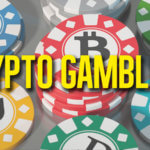Published on: 27/06/2022
How to avoid scams when buying NFTs

The year 2022 has been a rough year for both NFTs and cryptocurrencies. From scams and concerning decline in trading volume, among others, both markets have shown little to zero signs of recovery, at least in the near future.
If any malicious aspect stays well with NFTs following its short boom last year, that would be the market’s massive vulnerability to scams. The good news is that there are ways to better navigate the market and keep scams at bay. From VPN, two-factor authentication, and more, protecting one’s digital assets from turning into fraudsters’ payday will always be a primary concern.
Most common types of scams, risks of owning NFTs
It is common knowledge that the NFT market lacks proper regulation. Additionally, there have been initiatives from the digital marketplace and related platforms to provide anti-fraud barriers—but when it comes to NFTs, the safety of digital assets lies in the hands of its owners.
86 thousand times people have stolen my art and listed them on @opensea and they even had the gall to make a collection like a giant middle finger to my IP rights. Wtf?#nft #arttheft #opensea #infringement #nftcommunity pic.twitter.com/LY5Jxb2N2r
— Aja Trier (@AjaArt) January 5, 2022
In most cases, owners of NFTs often find themselves victims of phishing scams, the most common method used by scammers. The objective of this method is to steal login credentials without the owners even realizing that they have given them in the first place.
Copying other websites and apps from official brands or projects is the most common way used in phishing scams. It isn’t rocket science to distinguish these fake replicas from the real ones since the links or URLs attached are usually big giveaways of blatant scams — and NFTs owners can compare them directly with that of the official websites.
For example, when NFT marketplace Fractal launched its Discord server in December last year, 373 members had their digital wallet authentication compromised. The calculation of the total damage was worth $150,000.
https://twitter.com/LazyLionsNFT/status/1526849605564272640
It turns out that the loss was caused by clicking on links or URLs sent via direct messages by scammers, tricking owners into believing that they were contacted by an official brand, artist, or influencer. In other words, NFT owners must be careful and proceed with caution when receiving suspicious links sent by strangers.
The same practice can also be found on other platforms, such as social media, with Twitter being the key example. Real and fake profiles of relevant individuals and brands are difficult to distinguish. Scammers are not shy to go to extra lengths to add convoluted details for big payouts.
Ways to avoid scams
There are multiple ways to protect digital assets from scams. The first would be to check any links or URLs sent by strangers. Prior to clicking them, cross-checking with the real ones on official websites could be a silver bullet solution to the problem.
The second is ensuring one’s antivirus program is updated to the latest version (or use a VM when browsing). Doing this could prevent unnecessary threats, such as malware, spyware, adware, ransomware, phishing, and many more when surfing the internet.
Choosing protected digital wallets is the third way of protecting digital assets. There are multiple famous and well-established digital wallets, such as MetaMask, Coinbase or Belief Pockets, just to name a few.
Similar to choosing which digital wallets to use, having NFTs transactions on reliable marketplaces or platforms can have considerable differences in the safety of one’s digital assets. There are three relatively reliable places for NFTs transactions: OpenSea, Rarible and Coinbase NFT.
Lastly, in order to better protect one’s NFT login credentials, use two-authentication or two-step verification. Adding an extra layer of security by employing an authenticator app — or facial or fingerprint scan — is also a great way to secure one’s NFTs.
-
Gaming // 2022-06-24
SIMBA Chain releases new NFT marketplace SIMBA Market



